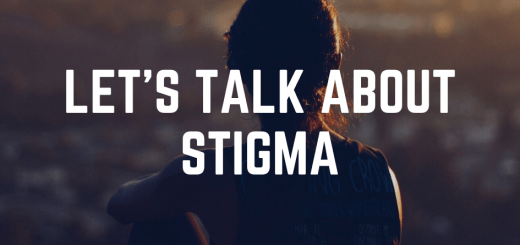The Impact of Social Media on Individuals with Borderline Personality Disorder
Borderline Personality Disorder (BPD) is a complex mental health condition characterized by emotional dysregulation or instability, difficulty in forming and maintaining relationships, and a distorted self-image. As the prevalence of mental health discussions on social media platforms continues to rise, it is important to consider the connection between Borderline Personality Disorder and the use of online spaces. This blog article looks into the potential effects of social media on individuals with BPD and offers insights into how these platforms can both help and hinder their mental health.
Most of us use social media on a daily basis for a wide range of reasons, whether it’s to keep up with friends and family, to keep up to date with the latest news, follow our favourite celebrities or see what the latest fashion trends are. For people living with mental health symptoms, social media can be both beneficial and harmful.
The Positive Influence of Social Media
- Online Support Communities: Social media provides a platform for people living with BPD to connect with others who share similar struggles and challenges. Support groups and online communities can offer a sense of belonging and understanding that may be difficult or challenging to find offline.
- Educational Resources: Social media allows easy access to a vast amount of information about mental health, including BPD. Users can find articles, videos, and expert advice, as well as resources promoting awareness and reducing the stigma associated with the disorder.
- Expression and Validation: For those with BPD, expressing intense or overwhelming emotions can be challenging. Social media offers an outlet for creative expression, where people can share their experiences through writing, art, or other creative endeavours. Receiving positive feedback and validation from a supportive online community can be emotionally fulfilling.
The Negative Impact of Social Media
- Idealised Comparisons: Social media often presents an idealised version of life, portraying people as having perfect and happy lifestyles, which can trigger feelings of inadequacy and intensify identity issues for individuals with BPD. Constantly comparing oneself to others may make existing emotional vulnerabilities worse.
- Impulsive Behaviour: The impulsive, harmful or reckless behaviours associated with BPD may be amplified in the online environment. From impulsive posting online to engaging in risky online behaviours, social media can serve as a platform for impulsive actions that may have long-lasting and negative consequences.
- Fear of Abandonment: Individuals with BPD often struggle with a fear of abandonment. Social media can heighten these fears, as perceived slights or unresponsiveness of messaging may trigger intense emotional reactions. The online realm can become a source of constant anxiety related to social validation.
- Cyberbullying and Harassment: The anonymity provided by social media can lead to cyberbullying and harassment. For those with BPD, such negative interactions can significantly impact mental health, fuelling feelings of rejection and exacerbating symptoms.
Guidelines for a Healthy Social Media Experience
- Mindful Usage: Individuals living with BPD should be mindful of their social media usage. Unfollow accounts that trigger negative emotions and focus on content that promotes positive well-being.
- Set Boundaries: Establishing boundaries in online interactions is vital. Learning to disengage from potentially harmful conversations or platforms can protect your mental health and prevent emotional distress.
- Seek Professional Help: People living with BPD who are affected by social media should consider seeking professional support, both offline and online. Therapists and mental health professionals can provide coping strategies and guidance for navigating the challenges posed by social media.
While social media can serve as a valuable tool for support and information, it also comes with potential risks for individuals with borderline personality disorder. By creating awareness of safe social media use, promoting mindful engagement, and seeking professional help when needed, we can navigate social media in a way that supports our mental health and well-being. It is important for both users and mental health professionals to recognize the complex connections between social media use and BPD, and work collaboratively to create a positive online environment for everyone.



